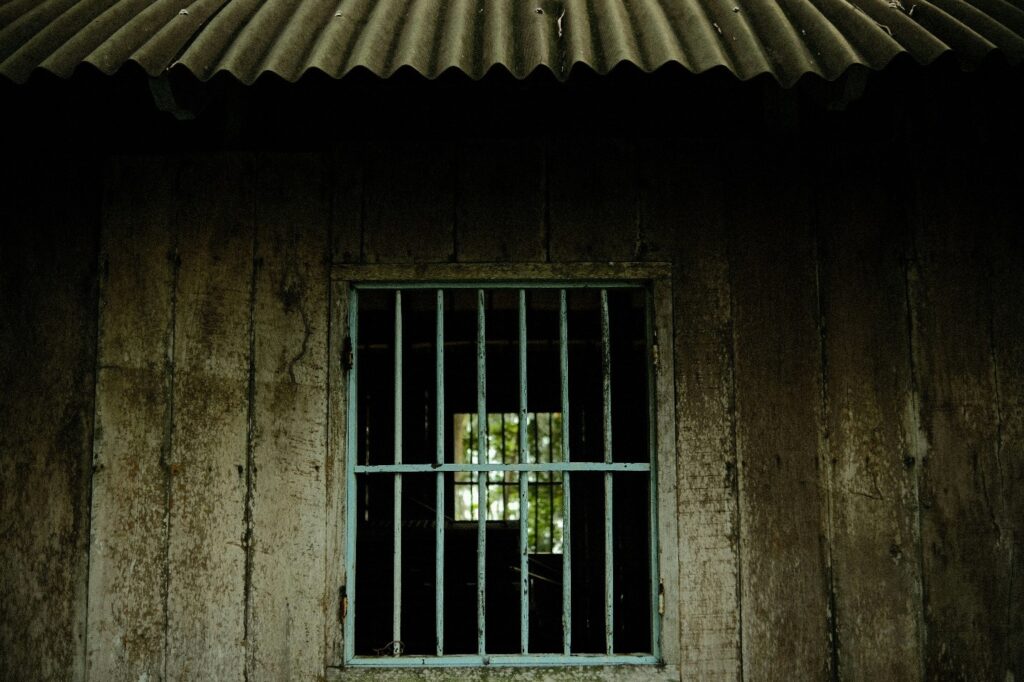Join us on 24 April 2025.
This article outlines how former Indonesian terrorists become advocates for peace through a case study of Ali Fauzi Manzi.

Join us on 24 April 2025.

In this chapter, hear an audio recording of a conversation with Ya, a hamba habshi.

Results of DAP’s internal election underscore the party’s evolving role within Malaysia’s ruling coalition and the challenges of coalition politics.

Indonesia’s revised military law raises concerns over transparency, civilian roles and governance.

High tariffs are imposed to bring others to the negotiating table.

Thailand’s deportation of Uyghur detainees has strained ties with the United States and drawn backlash from human rights groups.

Ya, an African slave from Mecca, recalls her life in Terengganu, revealing a hidden chapter of local history.
This article outlines how former Indonesian terrorists become advocates for peace through a case study of Ali Fauzi Manzi.
In the third government administration since the May 2018 general elections, the current Malaysian Cabinet is nothing more than a Cabinet reshuffle with very few changes.
While stopping short of a full-fledged balancing act, Indonesia’s recent attempts to consolidate support for UNCLOS put a check on China’s revisionist challenges in the South China Sea.
This article outlines the Democratic Action Party’s trajectory through Malaysia’s shifting political landscape.
The complexities of the South China Sea issue require Southeast Asian states to develop strong, persistent policies. These should entail all “what-ifs” including the withdraw of the US and its allies from the South China Sea.
This foreword launches the five-part “Tensions in the South China Sea” series. The series, featuring esteemed writers, aims to provide greater understanding of this complex issue.
The Taliban’s resurgence has received diverse responses from Malaysians. While other countries are facing security threats from locally-based jihadists seeking to imitate the Taliban’s success, the immediate impact on Malaysia is arguably further social polarisation.
Beyond the challenges of physically moving its capital, Indonesia must also address the lack of regulations and support by civil servants. This will prevent the need for moving its capital in the future.
In March 2020, Muhyiddin Yassin led a rebellion against the government that toppled a long-standing ruling alliance tainted with corruption. His 17-months rule will be remembered for its failures to attend to people’s Covid-19-related grievances and suspension of democracy.
Development of a Smart City in the new capital, Kalimantan, has been touted to balance both environmental and industrial considerations. This is debatable as land losses since development started has yet to be replaced.